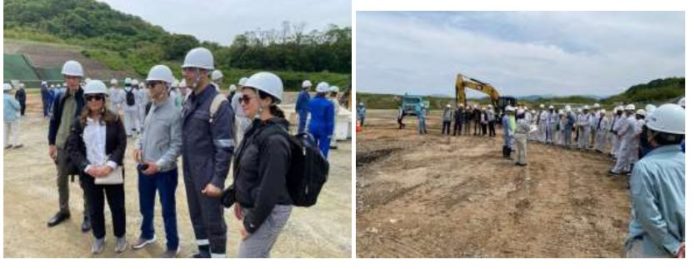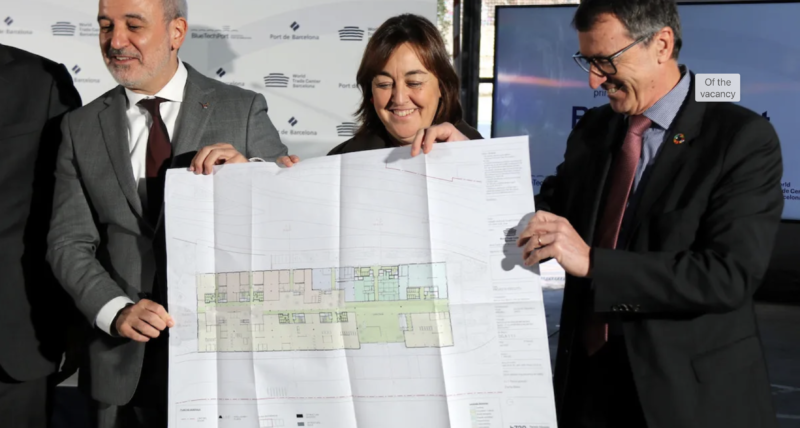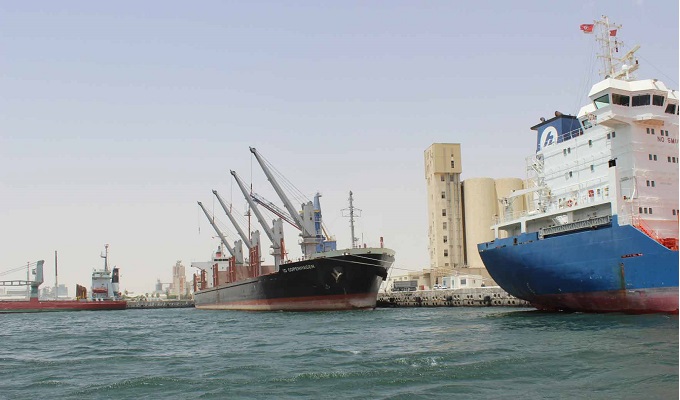The Government of Japan officially announced today the launch of a new cooperation program aimed at improving the waste landfill site in Béja, Tunisia.
This program, part of the « Joint Crediting Mechanism (JCM), » implements the « Fukuoka Method (semi-aerobic landfill), » an innovative waste management technique first used by the municipality of Fukuoka in 1975 and developed throughout Japan. Engineers from the National Agency for Waste Management (ANGED) are currently training in the city of Fukuoka, Japan, to better learn this novel method, which will be applied to the landfill site covering approximately 3,400 m² in Béja.
To recall, the JCM, established by the Government of Japan, aims to facilitate the promotion of advanced decarbonization technologies to meet the goals of the Paris Agreement. The Tunisia-Japan cooperation memorandum was signed during TICAD 8 in Tunis in 2022.
The « Fukuoka Method » is a semi-aerobic landfill management technique that accelerates the decomposition and stabilization of waste through natural ventilation. By introducing air into the landfill, this method improves the breakdown of organic matter and reduces the production of harmful gases, including methane, a potent greenhouse gas. The program in Béja represents the first application of the « Fukuoka Method » under JCM cooperation in Tunisia.
« Japan is committed to supporting Tunisia in its ecological transition, » said OSUGA Takeshi, Ambassador of Japan to Tunisia, explaining the program’s purpose. « This new program in Béja demonstrates our determination to help Tunisia implement sustainable waste management solutions, while contributing to the fight against climate change and promoting a cleaner, greener transition. »
A Commitment to Sustainable Development
This program marks a new milestone in the fruitful collaboration between Tunisia and Japan in the field of clean and sustainable environment. For many years, Japan has supported Tunisia’s efforts to improve waste management, notably through the following initiatives:
- February 2025: Implementation of a micro-cogeneration system at the Oued Laya landfill site in Sousse, in partnership with ANGED and UN-HABITAT. This pilot program converts 50 m³ of biogas emitted by the landfill into over 60 kW of electricity per hour, supplying power to 500 households in the region.
- April 2025: Launch of a pilot program in Djerba aiming to convert household organic waste into clean and renewable energy, in partnership with UNDP, ANME, and ANGED.
JCM: A Tool for Decarbonization
The JCM, established by the Government of Japan, aims to facilitate the promotion of advanced decarbonization technologies to achieve the Paris Agreement targets. The Béja program is the fourth in Tunisia to receive JCM support, following solar energy projects in Sidi Bouzid (50 MW and 100 MW) and Tozeur (50 MW), initiated by Eurus Energy (Japan) and Scatec (Norway).
Source: entreprises-magazine




